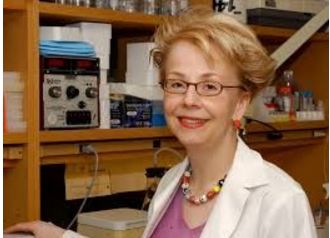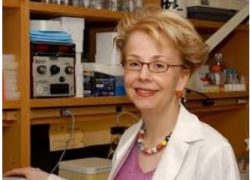Could the BCG vaccine provide a cheap way of reversing type 1 diabetes?

Academic researchers in Massachusetts believe the standard BCG (bacillus Calmette-Guérin) vaccine could have a remarkable second use: a treatment to reverse advanced type 1 diabetes.
The cause of type 1 diabetes is well understood – it is the autoimmune destruction of insulin-producing beta cells. But despite many different methods being tried to reverse this effect, no-one has succeeded in producing a treatment.
A number of companies, including type 1 diabetes giant Novo Nordisk, have been investing in stem cell research and beta cell regeneration methods, but none are yet close to gaining approval.
Researchers have known for some time that restoring levels of Treg cells, which prevent autoimmune attackes - might halt the abnormal self-reactivity in type 1 diabetes and other autoimmune diseases.
But therapies to restore this immune balance haven’t achieved long-lasting result.
[caption id="attachment_28827" align="alignnone" width="250"] Denise Faustman[/caption]
Denise Faustman[/caption]
Now interim results presented by Denise Faustman, MD, PhD, director of the Massachusetts General Hospital Immunobiology Laboratory and a long-term researcher in the field, show greater promise.
Her research suggests that BCG may induce a permanent increase in expression of genes that restore the beneficial regulatory T cells (Tregs), and thereby prevent the immune system from attacking the body's own tissue.
Faustman’s Massachusetts General Hospital team has discovered that BCG restores Tregs through epigenetics - a process that modulates whether or not genes are expressed.
Faustman says this is an exciting development. “This now provides a better idea of how BCG vaccination appears to work by powerfully modulating Treg induction and resetting the immune system to halt the underlying cause of the disease."
Tregs are the immune system's "brakes" that normally prevent misdirected attacks against tissues without dampening the entire system. Several research groups have suggested methods for harnessing Tregs to treat type 1 diabetes patients, but to date no therapies have been approved.
Best known for its role in tuberculosis prevention, the BCG vaccine is based on a harmless strain of bacteria related the one that causes tuberculosis. A generic drug with over 100 years of clinical use and safety data, BCG is currently approved by the FDA for vaccination against tuberculosis and for the treatment of bladder cancer.
Faustman has spent 20 years searching for a cure for type 1 diabetes, and has met with considerable opposition and scepticism about her work, including the JDRF, the powerful US research charity.
The research is funded entirely by private philanthropy from individuals and family foundations, most notably the famous American ex-automotive industry leader Lee Iacocca. He has been funding Faustman’s work since the 1990s via his Iacocca Family Foundation in memory of his wife, who died from complications of the disease.
"BCG is interesting because it brings into play so many areas of immunology that we as a community have been looking at for decades, including Tregs and the hygiene hypothesis," says Faustman. "Repeat BCG vaccination appears to permanently turn on signature Treg genes, and the vaccine's beneficial effect on host immune response recapitulates decades of human co-evolution with myocbacteria, a relationship that has been lost with modern eating and living habits. It is incredible that a safe and inexpensive vaccine may be the key to stopping these terrible diseases."
Despite resistance to her approaches, Faustman’s work now appears to be gaining greater mainstream support. Faustman's research team was the first group to document reversal of advanced type 1 diabetes in mice and subsequently completed a successful phase I human clinical trial of BCG vaccination. The five-year, 150-person, phase 2 trial is investigating whether repeat BCG vaccination can clinically improve type 1 diabetes in adults with existing disease and is almost fully enrolled.
Long-term follow-up data from the phase I trial will be published later this year.











